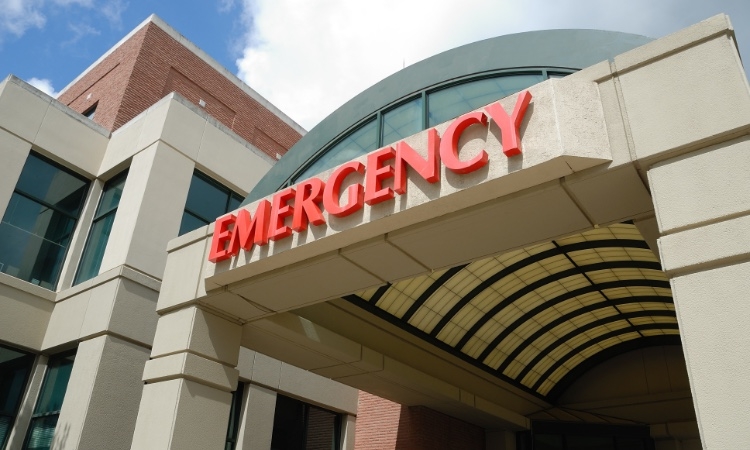Heart Attacks in the Elderly: Warnings and Contributors

By CarePatrol of Ocala-The Villages
The heart is the most important muscle in the human body. It is very complex and reveals how it has been treated over the years. An active lifestyle along with a healthy, well-balanced diet is the best way to ensure a strong heart into your senior years. Smoking, along with fatty cholesterol-packed foods and being inactive will clog your arteries and weaken your heart, possibly leading to heart attacks.
According to Dr. Michael Chen, assistant professor of medicine at the University of Washington in the division of cardiology, a heart attack is often mistaken for a sudden cardiac arrest (SCA). SCA occurs when the heart stops beating, abruptly and without warning. If this happens, blood stops flowing to the brain and other vital organs. In addition, if the heartbeat is not restored with an electrical shock immediately, death follows within minutes. SCA accounts for more than 350,000 deaths in the U.S. each year.
A heart attack is caused by lack of blood supply to the heart. The loss of blood supply is usually caused by a clogged artery.
The First Signs of a Heart Attack
The first sign of a heart attack may happen days or weeks before a person realizes there is a problem. Chest pain that occurs during physical activity but goes away when you relax could be an early warning of trouble. Concerned about sounding a false alarm, people sometimes ignore early indicators or signs of a heart attack. The sooner it is recognized and properly treated the damage to the heart muscle can be limited or prevented. If early signs are ignored or missed, pressure will build in the chest, the left arm and shoulder may tingle, and breathing becomes hard. Some may begin to sweat, get nauseous, feel light-headed, or feel a sense of doom. Women often feel pain in the back of the jaw.
Factors that can Influence a Heart Attack
Living right, eating proper foods, lowering stress levels, and exercising are all great ways to prevent heart attacks, although congenital heart disease may still occur. On the other hand, ignoring these dramatically increases your risk of heart attacks:
- Higher levels of homocysteine (a sulfur-containing amino acid), C-reactive protein (a protein involved in acute inflammation), and fibrinogen (a blood clotting protein that helps stop bleeding)
- Family history of heart attacks and heart disease
- Stress
- Alcohol
- Smoking and long-term exposure to second hand smoke
- High blood pressure (hypertension)
- High cholesterol
- Sedentary lifestyle
- Over weight
- Diabetes
- Coronary artery disease
- Drug use
- Age
- Preeclampsia

